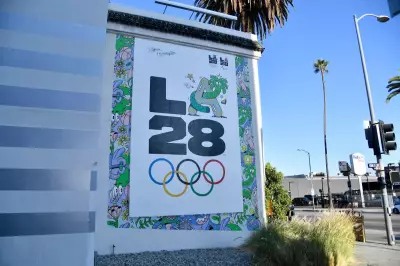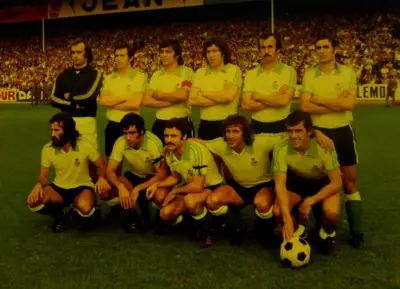
American sporting royalty Tom Brady and media mogul Dave Portnoy have found themselves at the centre of a fiery controversy. The duo is facing a torrent of criticism for their decision to participate in a high-profile flag football exhibition game in Saudi Arabia, a move critics are labelling blatant 'sportswashing'.
The planned event, part of the Riyadh Season festival, is seen by many as an attempt by the Saudi state to use the glamour of international sports stars to divert attention from its deeply troubling human rights record.
A Storm of Criticism Erupts
The backlash was swift and severe. Human rights advocates and fans alike took to social media to express their fury. Many comments directly called out the pair for accepting large sums of money to lend their credibility to the regime.
One user pointedly asked Portnoy if he would be discussing 'human rights or women’s rights' while in the country, highlighting the stark contrast between Saudi laws and the values often associated with Western sports figures. Another simply labelled the venture 'disgusting', a sentiment echoed by numerous others.
Portnoy's Defiant Stance
Never one to shy away from a fight, Dave Portnoy responded to the outrage with characteristic defiance. In a video statement, he dismissed the critics, framing the trip as a lucrative business opportunity he was unwilling to refuse.
'They’re paying me,' he stated bluntly. 'They’re paying Tom Brady... I’m doing it for the money. It’s a lot of money.' He further challenged the authenticity of online critics, suggesting their moral outrage was performative.
The Shadow of Sportswashing
This incident is not isolated. Saudi Arabia has invested billions in hosting major sporting events, from world championship boxing bouts to LIV Golf tournaments and grand prix races. The strategy, widely termed 'sportswashing', is employed by nations seeking to improve their international reputation through sports.
By associating with globally recognised icons like Tom Brady, the kingdom aims to project a modern, open image that overshadows documented issues including the persecution of dissidents and the marginalisation of women.
For now, the game is scheduled to go ahead, but the reputational cost for those involved is already being fiercely debated.





